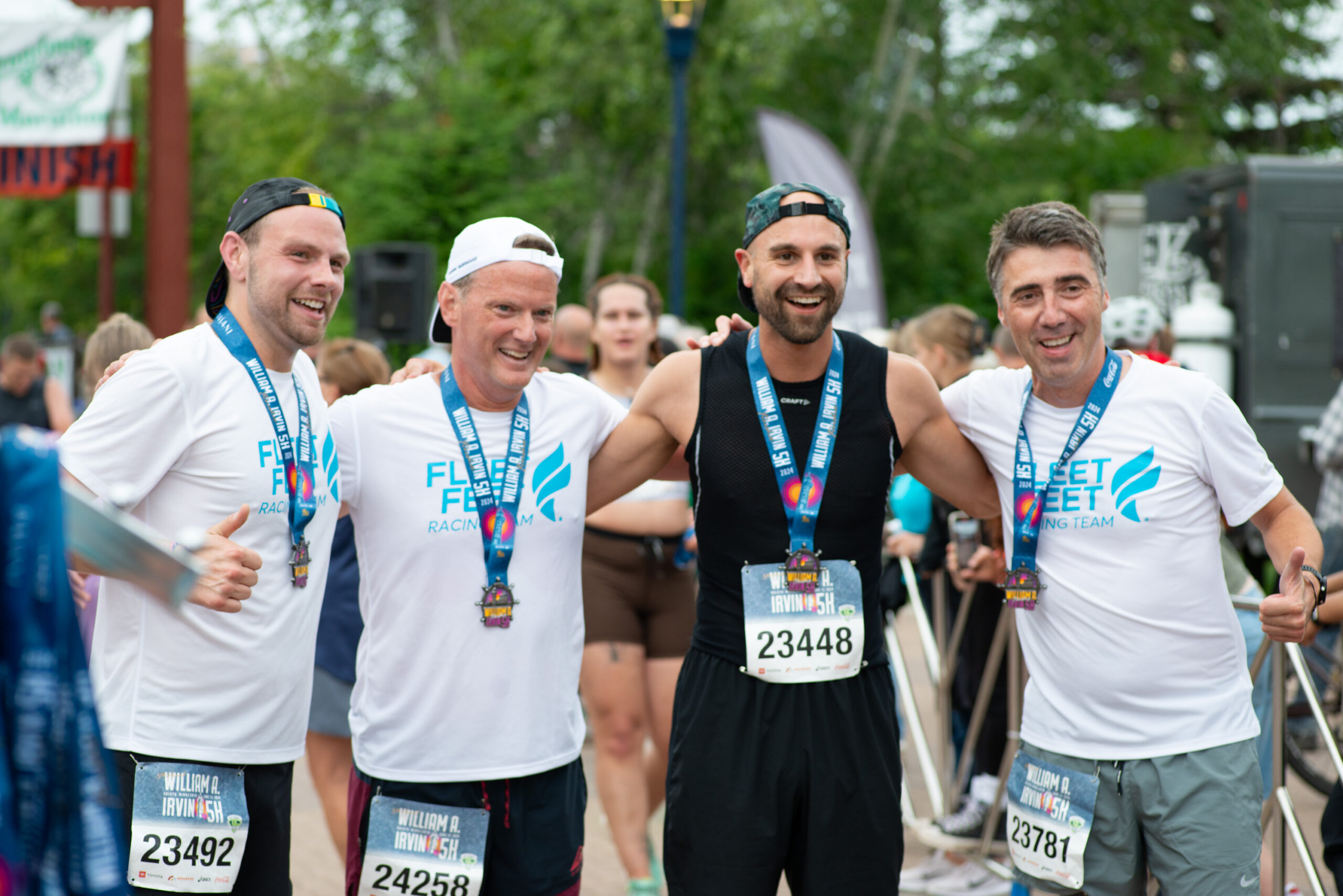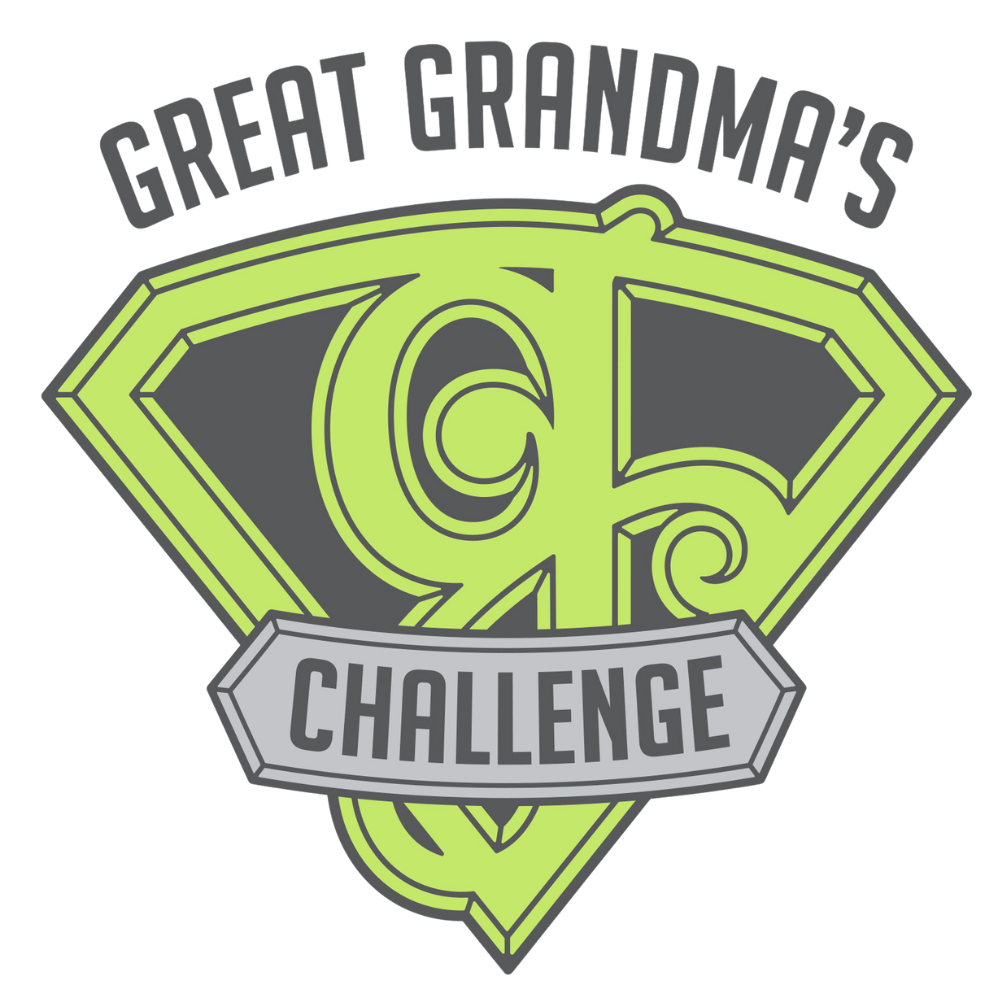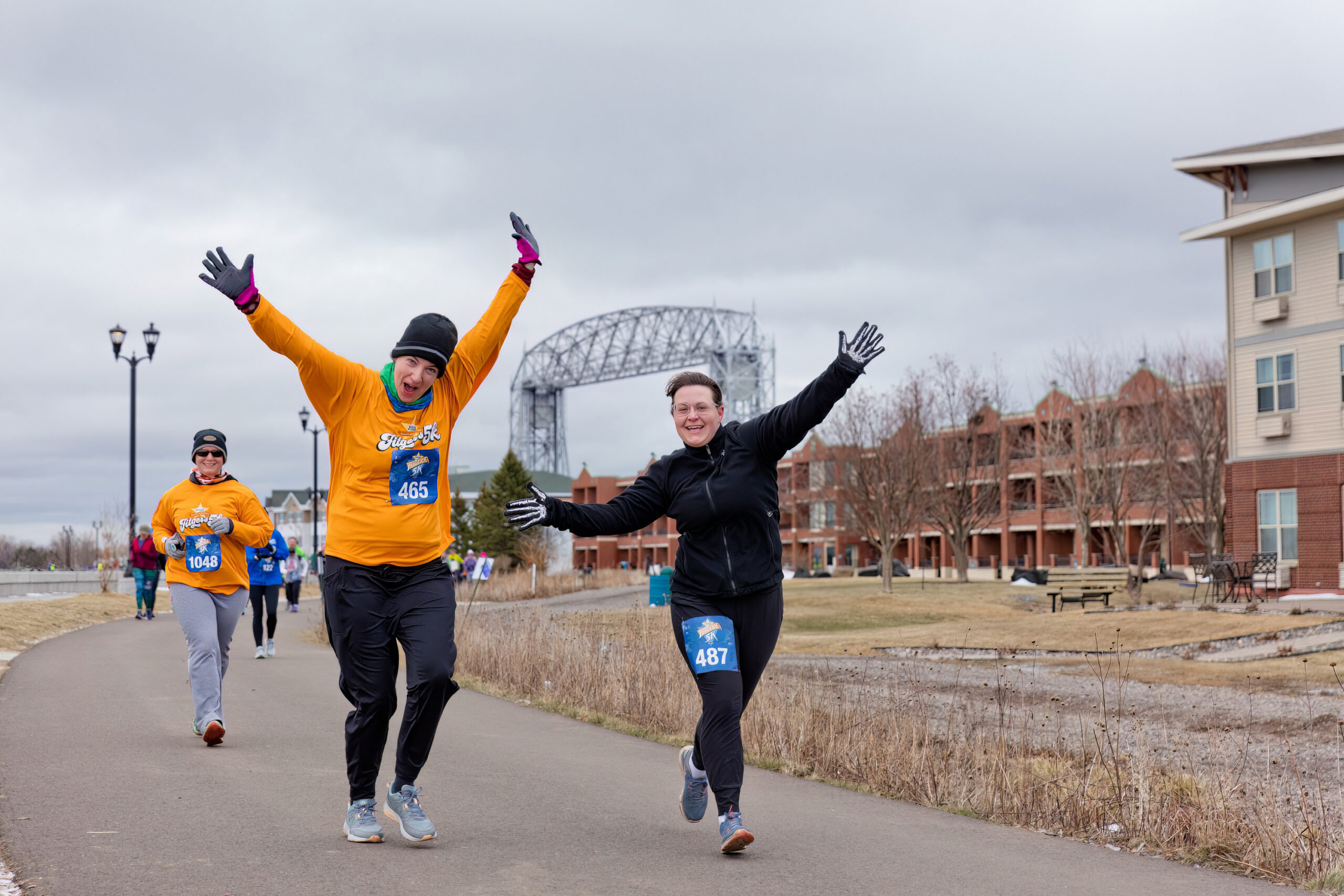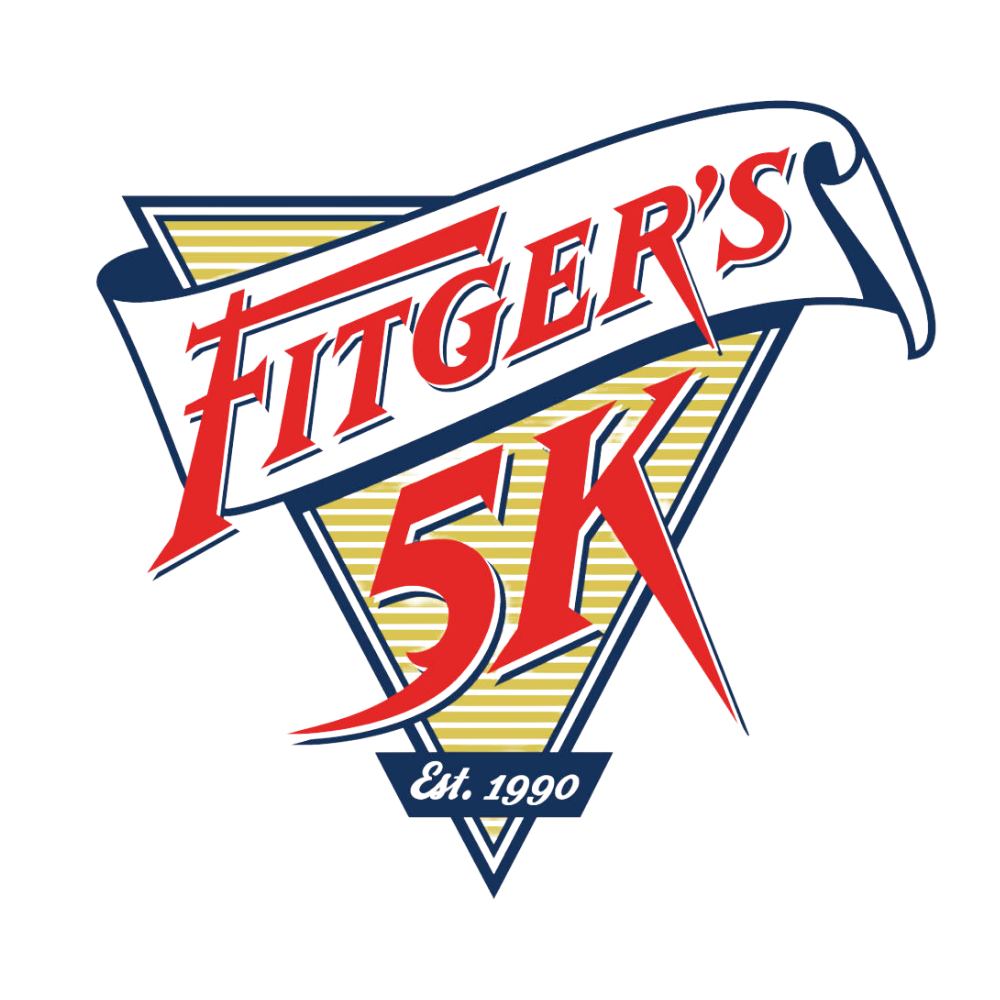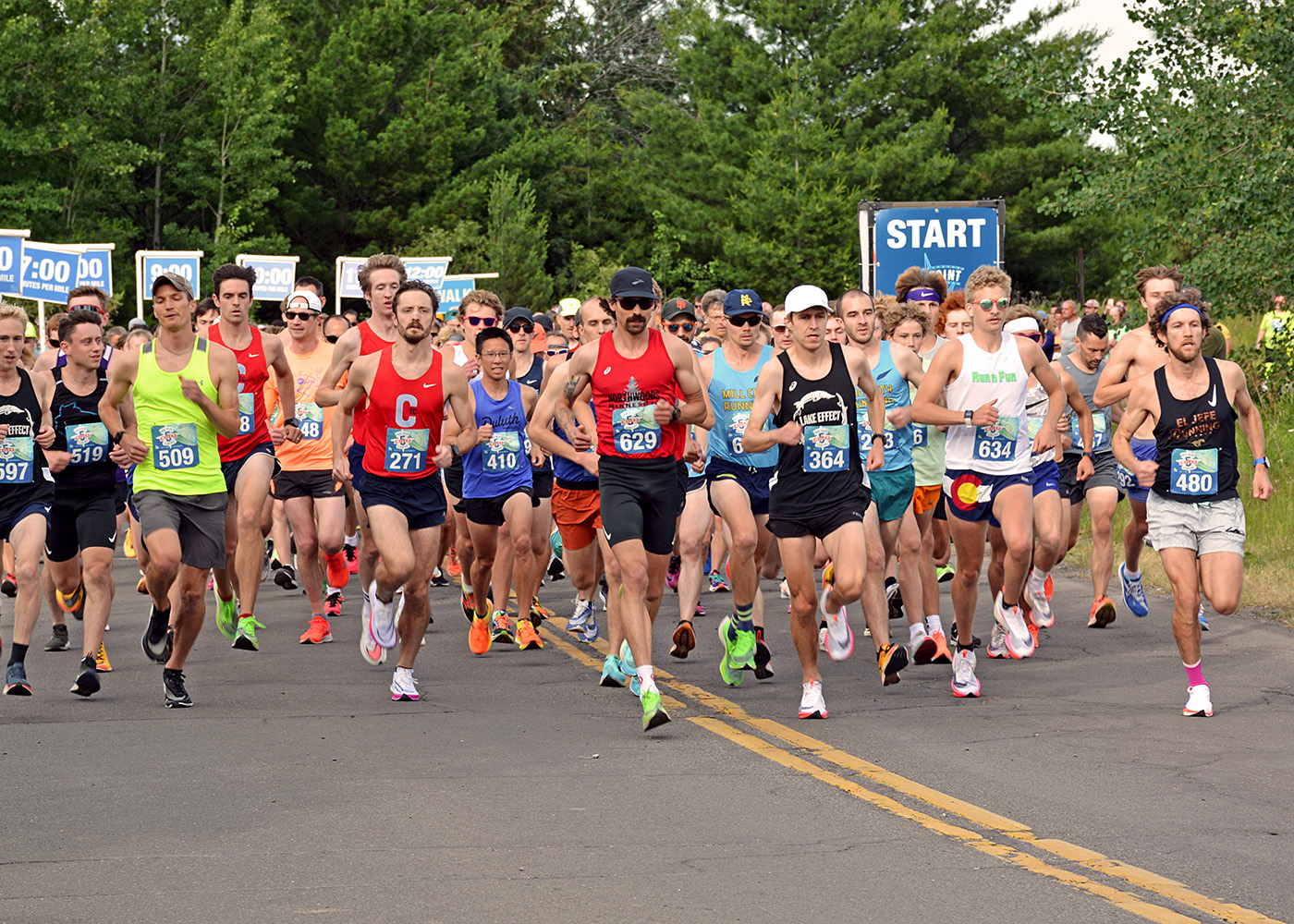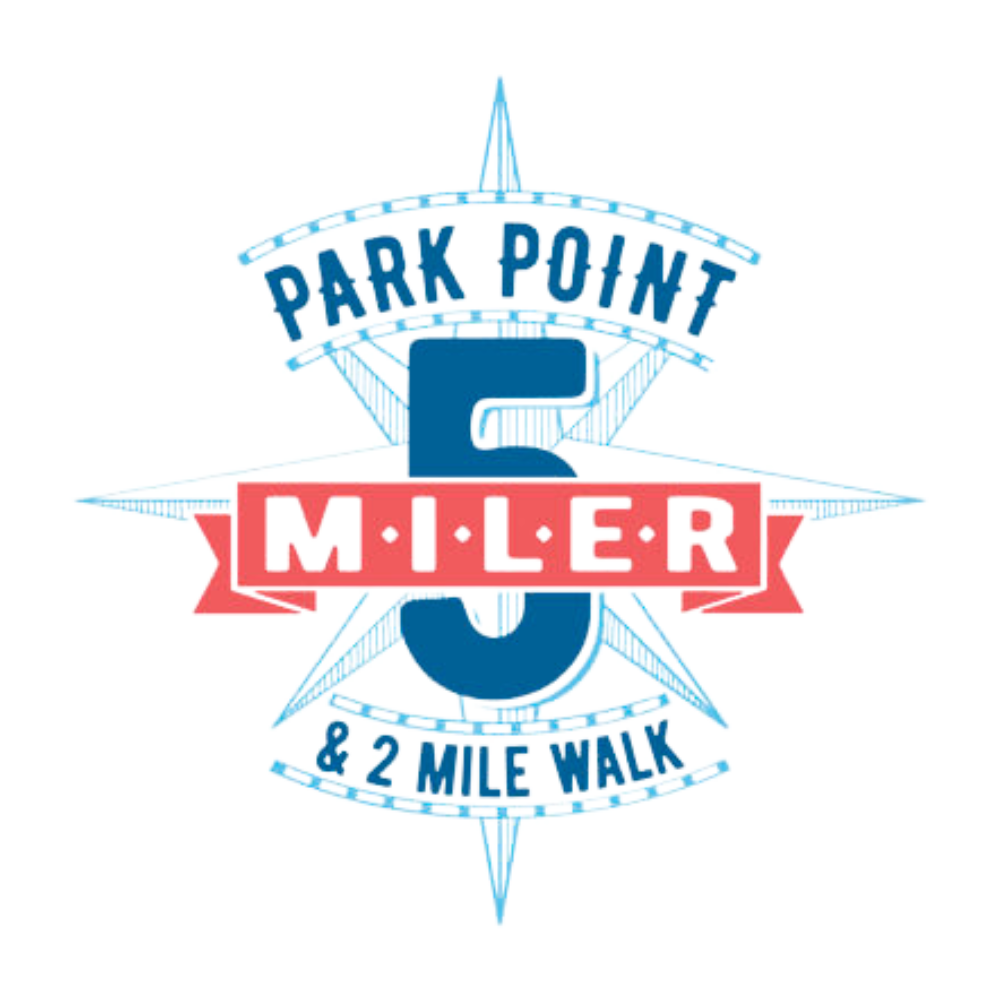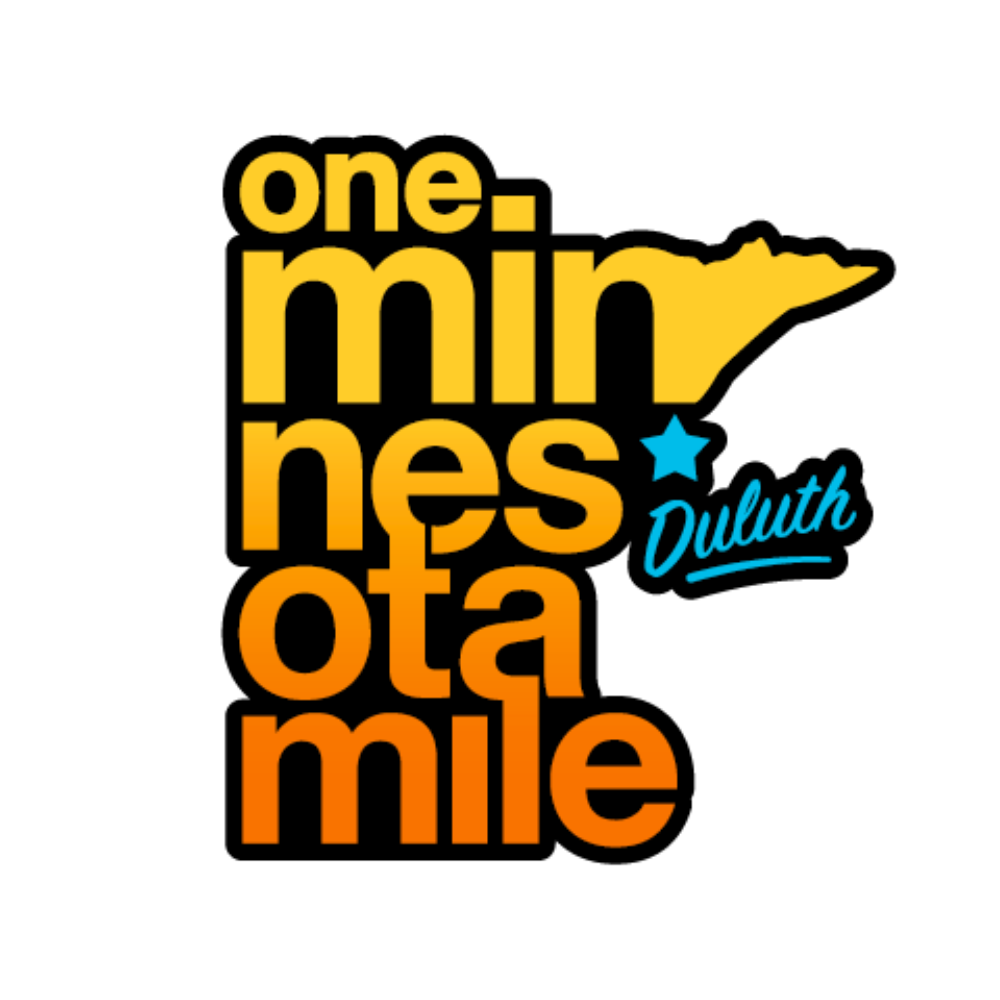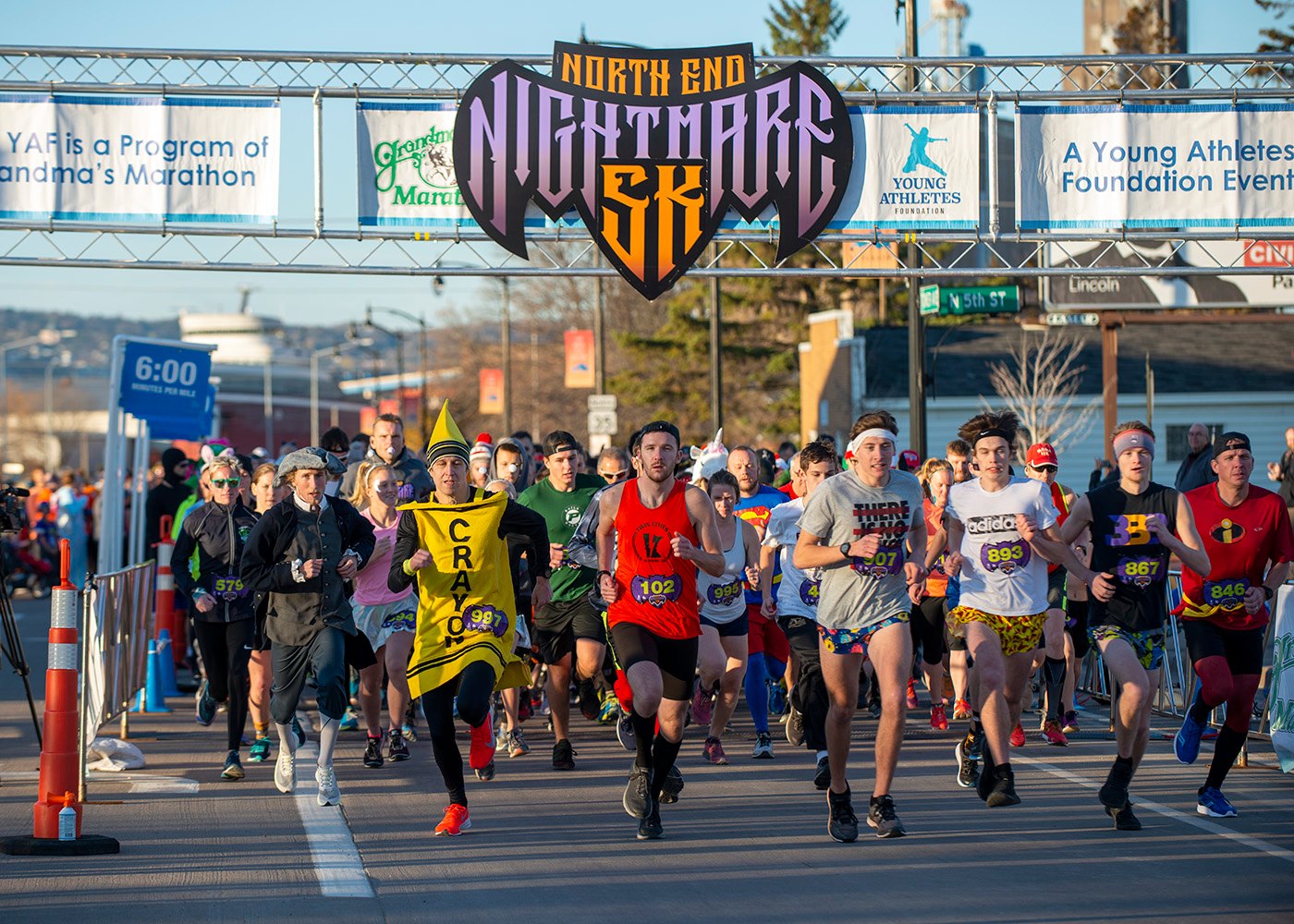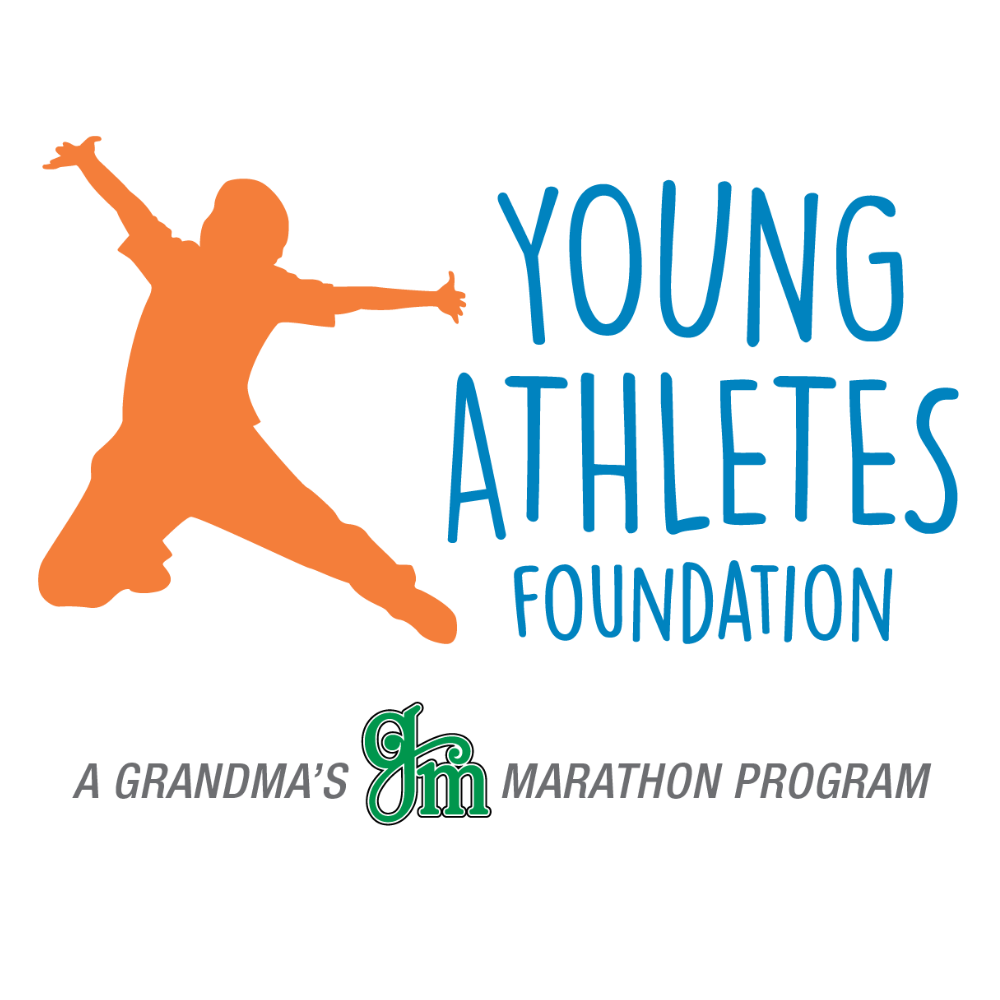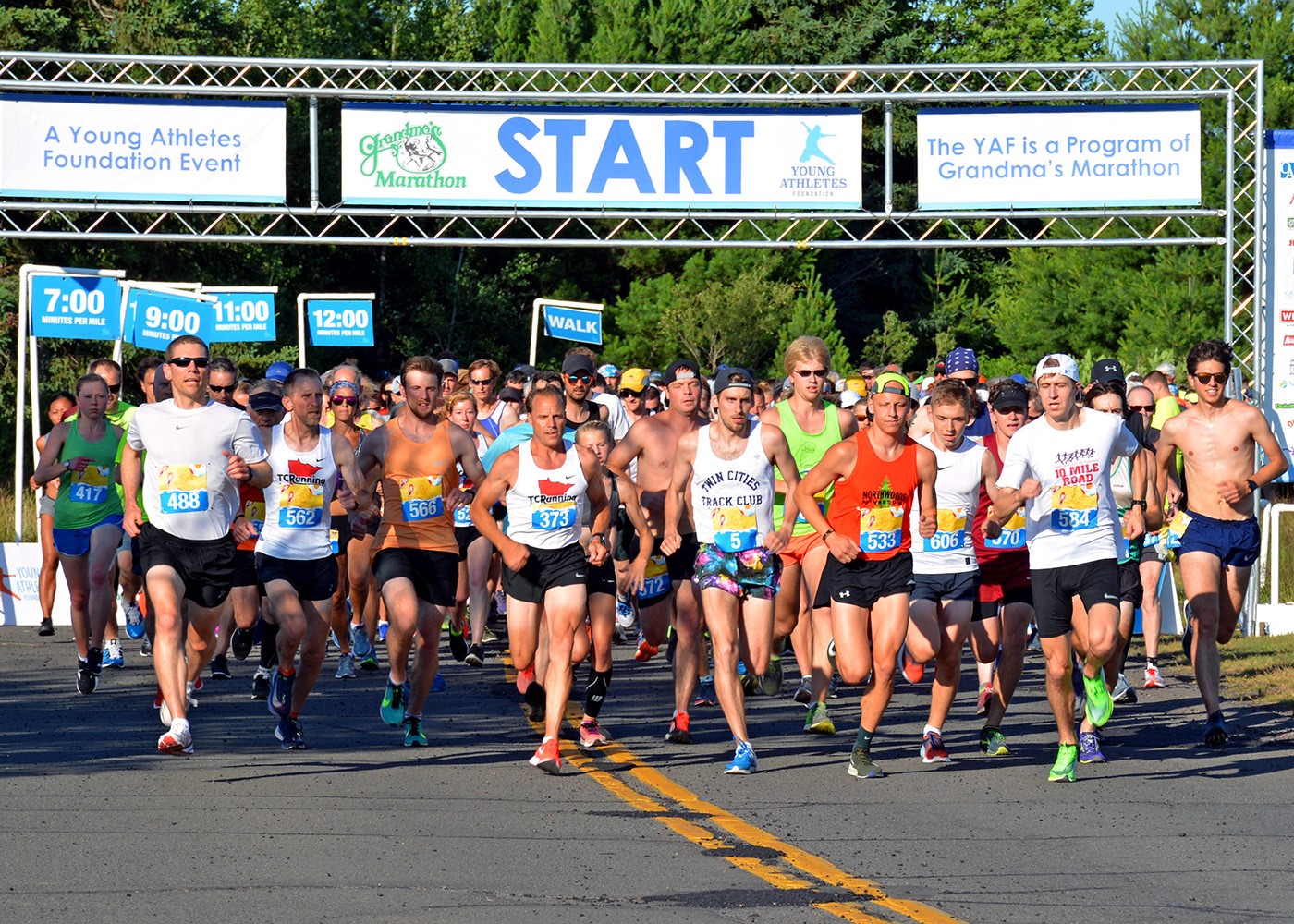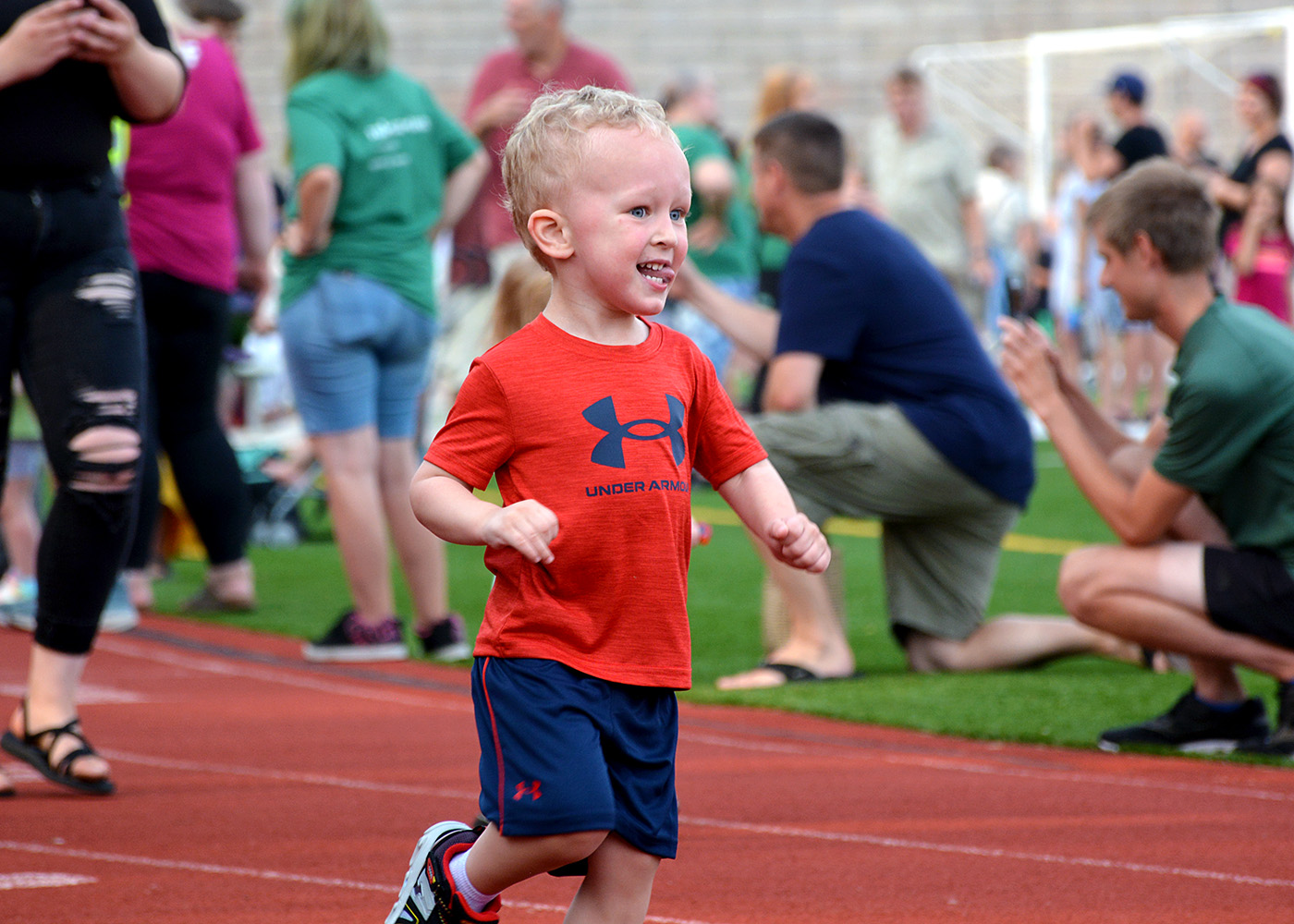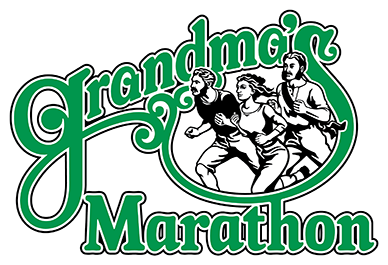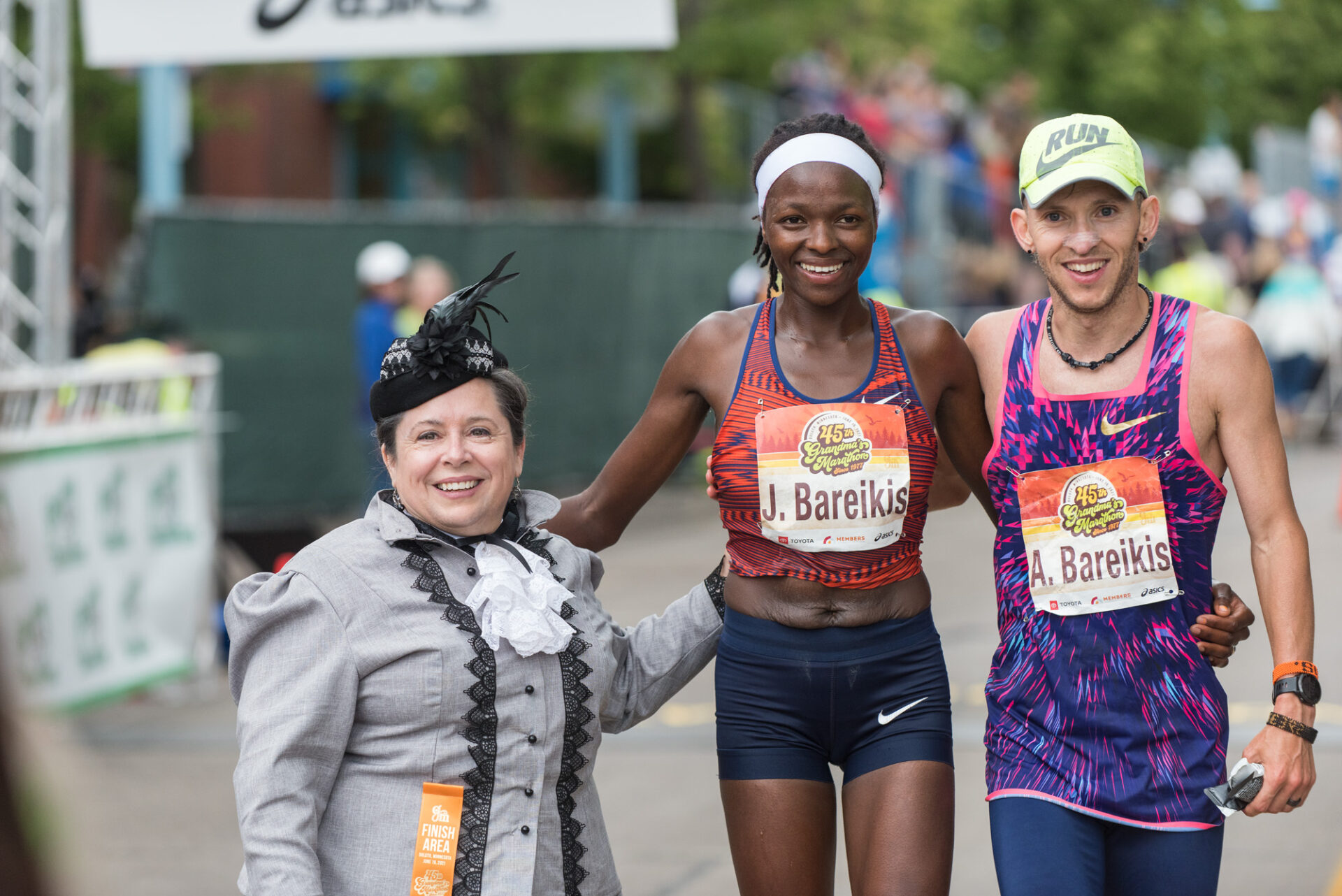
CRISTINA NISTLER, ATC
Grandma’s Marathon Medical Liaison
YOU’RE REGISTERED… NOW WHAT?
Contemplating whether to register for your first long distance race is an exciting and scary time. You are probably feeling both hopeful and motivated while doubts also creep in. If you have gotten to the point where you are seriously considering it, I believe that you can do it! You’ve gotten farther in the process than most people ever will!
My job as Essentia Health’s Medical Liaison to Grandma’s Marathon is to make sure that you are provided with all the information and support you need to make it safely and healthily to the finish line. The information below is primarily for first timers but it can also be a good review for veterans.
GET A PHYSICAL EXAM, AND DO IT EARLY
I’m sure you’ve seen the disclaimer printed on gym equipment that says you should consult your doctor before starting an exercise regimen. I am also sure that most folks ignore that warning. However, if you are new to distance running, I strongly recommend following that advice.
Most marathon and half marathon training plans last 3-4 months. If you were about to embark on a 4-month road trip around the country, you would likely stop by your mechanic to check the tires and change the oil. Preparing for a distance race is a road trip for your body, followed by the longest distance you will likely ever run at once. It is an excellent idea to get checked out by your doctor first to make sure that everything is in good working order.
It is extremely rare for runners to have serious medical complications during the race. The reason we hear about it when it happens is the same reason plane crashes make the news – they are not common.
It can be scary to even let the idea of a tragic event cross our minds, but approximately 1,000,000 people will run a marathon this year and the marathon death rate is only 1 out of every 150,000 participants. (British Journal of Sports Medicine). However, that one death is still one human life lost, and preventing that loss begins with knowing your health risks.
Schedule a physical exam with your doctor and tell them about your plans to start training. For those of you in the northern Minnesota area, you can click HERE to make an appointment at Essentia Health.
At this visit, ask the doctor whether any testing is warranted to rule out pre-existing conditions. They may want to do a test called an EKG, which stands for electrocardiogram and shows the electrical activity of your heart. An EKG is the first step in screening for heart rhythms that may put you at risk.
Tell your doctor if you have ever experienced dizziness or chest tightness while exercising.
BUILD A BASE IN YOUR FITNESS
Training for a June race will “officially” begin in March, but that doesn’t mean there’s not work to be done before that. One of the most common causes of a running injury is doing “too much, too soon.” If you are new to running marathons or half marathons, building your endurance base should start a few months prior to the start of your actual training plan, so you gradually build up to the amount of running you will do in training.
Our bodies need time to adapt to the stresses of running. Weight bearing exercise like running is really good for us. It helps build up bone density if we increase our mileage at an appropriate rate as well as recover sufficiently from each run. Base training first will strengthen your bones to get them ready for the higher load to come.
Base training should be kept easy, so you don’t overtrain or fatigue yourself before the serious training phase even begins. It does not need to include all the components of a full training plan such as interval workouts, tempo runs or long runs. This is an incredibly important time to be strength training and cross training (swimming, cycling, elliptical, yoga).
The benefits of these types of training cannot be stressed enough. They will help your body tolerate the load of your run training and help you recover from runs. A perfect base training schedule would include running 3-5 times a week for 3-5 miles with one day of cross training and two days of strength training. Strength training can be done on days that you also run or cross train. Your rest day should be a day of actual rest with no type of training.














